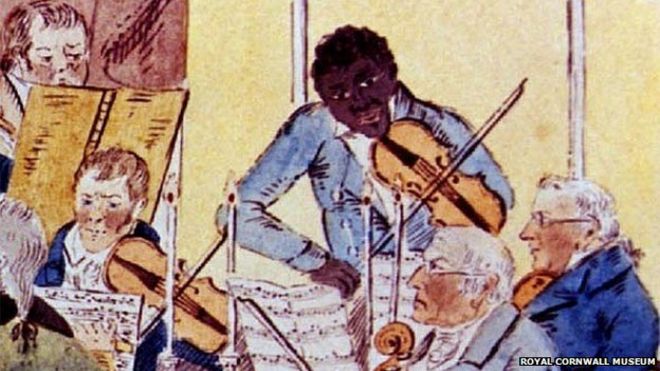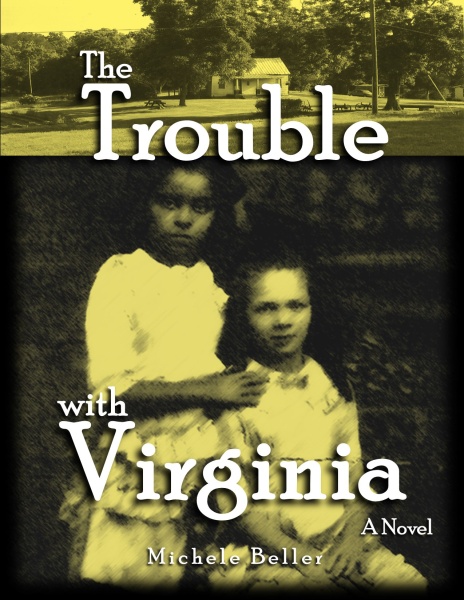An Intellectual History of Black WomenPosted in Africa, Biography, Caribbean/Latin America, History, Live Events, Media Archive, United States, Women on 2015-08-02 20:06Z by Steven |
An Intellectual History of Black Women
Katharine Cornell Theater
54 Spring Street
Vineyard Haven, Massachusetts 02568
Sunday, 2015-08-02, 19:00-20:30 EDT (Local Time)
Moderator:
Evelyn Brooks Higginbotham, Victor S. Thomas Professor of History and of African and African American Studies
Harvard University
Discussants:
Farah J. Griffin, William B. Ransford Professor of English and Comparative Literature and African-American Studies
Columbia University
Mia Bay, Professor of History and Director of Center for Race and Ethnicity
Rutgers University, The State University of New Jersey
Martha S. Jones, Arthur F Thurnau Professor, Associate Professor of History
University of Michigan School of Law
Barbara D. Savage, Geraldine R. Segal Professor of American Social Thought and Professor Africana Studies
University of Pennsylvania
The Vineyard Haven Public Library presents a panel discussion celebrating intellectuals previously neglected because of race and gender. Moderated by Evelyn Higginbotham, the Victor S. Thomas Professor of History and of African American Studies at Harvard. Featuring all 4 editors of the new book Toward and Intellectual History of Black Women. Join us for what should be a lively and stimulating discussion.
For more information, click here.





